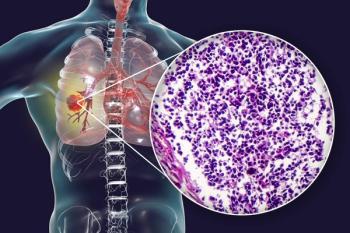
The first-in-class tetravalent bispecific antibody may show binding affinity to PD1 and VEGF based on in vitro studies.

Your AI-Trained Oncology Knowledge Connection!


The first-in-class tetravalent bispecific antibody may show binding affinity to PD1 and VEGF based on in vitro studies.
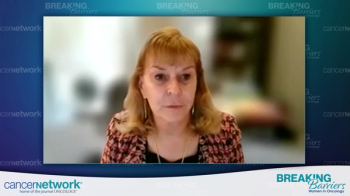
Julie M. Vose, MD, MBA, and Avyakta Kallam, MD, highlighted research advances in the lymphoma field they’ve witnessed throughout their careers.

The European Commission is expected to decide on approving epcoritamab in relapsed/refractory follicular lymphoma later in 2024.

HRQOL data from the CheckMate 8HW trial may further support frontline nivolumab/ipilimumab for those with MSI-H or dMMR metastatic colorectal cancer.

A ready-to-dilute formula of SH-105 has been approved by the FDA to treat breast and ovarian cancers.

Frontline acalabrutinib plus bendamustine/rituximab may become a new standard therapy in MCL, according to Michael Wang, MD.

In a phase 1 trial, City of Hope’s CAR T-cell therapy showed minimal adverse effects and promising therapeutic activity for advanced prostate cancer.

The complete response letter for patritumab deruxtecan is based on findings related to a third-party manufacturing site inspection.

Updated results from the POSITIVE trial found that patients younger than 35 years had a higher likelihood of achieving pregnancy during an endocrine therapy pause for HR-positive breast cancer.

Findings from the EPCORE NHL-1 trial support the FDA approval of epcoritamab in relapsed/refractory follicular lymphoma.

The approval for osimertinib/chemotherapy by the Japanese Pharmaceuticals and Medical Device Agency was based on results from the phase 3 FLAURA2 trial.
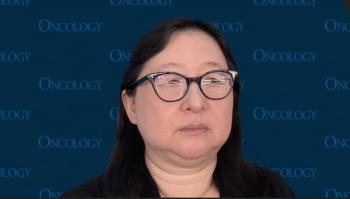
Future meetings may address how immunotherapy, bispecific agents, and CAR T-cell therapies can further impact the AML treatment paradigm.
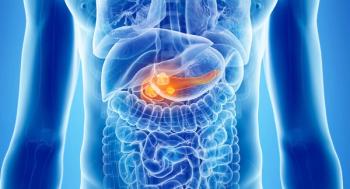
More than half of the patients who received mitazalimab plus chemotherapy experienced an unconfirmed objective response in the phase 2 OPTIMIZE-1 study.

Treatment with revumenib appeared to demonstrate efficacy among patients with KMT2A-rearranged acute leukemia in the phase 2 AUGMENT-101 study.

Durvalumab improved efficacy in patients with muscle-invasive bladder cancer.

Vikek S. Kavadi, MD, MBA, FASTRO, succeeds Laura Thevenot, who plans to retire at the end of 2024 after leading the organization since 2002.

Two deaths due to presumed sepsis in patients treated in the DENALI trial led to the clinical holds on the advanced solid tumor treatment.

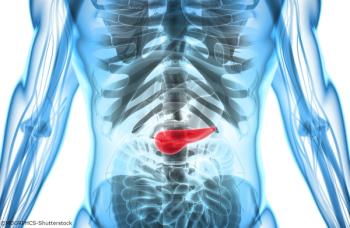
Longer survival rates were experienced by patients receiving chemotherapy both before and after surgery vs only after surgery.

Approved for use in newly diagnosed and previously treated myelofibrosis, momelotinib may addresses key manifestations of the disease.

Data from FRESCO-2 support the approval of fruquintinib for those with previously treated metastatic colorectal cancer in the European Union.

Advocacy groups such as Cancer Support Community and the Leukemia & Lymphoma Society may help support patients with CML undergoing treatment.

Experts discuss updated findings presented at the 2024 EHA Congress in diseases such as mantle cell lymphoma and acute myeloid leukemia.

Paolo Tarantino, MD, discusses the potential utility of agents such as datopotamab deruxtecan and enfortumab vedotin in patients with breast cancer.


Paolo Tarantino, MD, highlights strategies related to screening and multidisciplinary collaboration for managing ILD in patients who receive T-DXd.


As the practice of radiation therapy evolves in HPV-associated OPSCC, updated evidence-based ASTRO guidelines may help inform clinical practices.

Data from the colorectal cancer cohort of the KRYSTAL-1 trial support the accelerated approval of adagrasib/cetuximab in KRAS G12C–mutated disease.

Joleen Hubbard, MD, explains why allowing access to results can improve patient’s outlook on treatments and understanding of their disease.